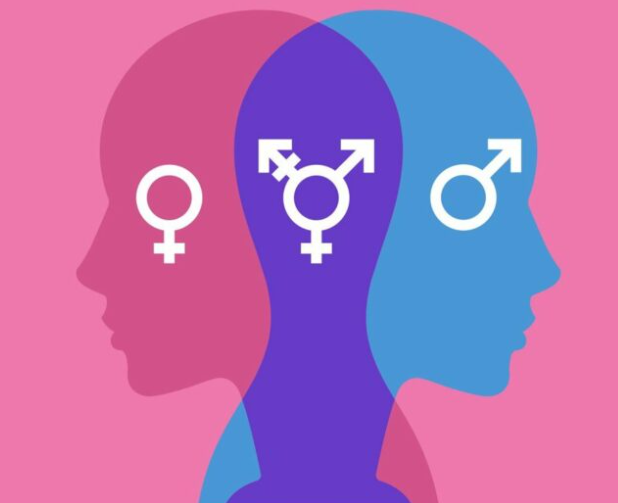Are Gender Identity Tests Scientifically Backed?
Gender identity testing plays a crucial role in transgender individuals' self-understanding and society's understanding and acceptance of this group. By continuously improving testing content and methods and effectively applying test results, we can create a more welcoming, equal, and inclusive world for transgender people, allowing everyone to freely pursue their true gender identity and grow healthily in a world of respect and care.
Gender identity testing plays a crucial role in transgender individuals' self-understanding and society's understanding and acceptance of this group. By continuously improving testing content and methods and effectively applying test results, we can create a more welcoming, equal, and inclusive world for transgender people, allowing everyone to freely pursue their true gender identity and grow healthily in a world of respect and care.
Do you truly understand your sexual orientation?

—A blind spot in self-awareness that 90% of people overlook. Have you ever experienced this confusion? ✓ Having feelings for the opposite sex, but also same-sex attraction
✓ Being in a relationship, but feeling "something's not right"
✓ Unsure if you're bisexual or pansexual
✓ Being tormented by societal labels and wanting to find your true self
1️⃣ Scientific Classification: Based on authoritative theories like the Kinsey Scale, it distinguishes 12 sexual orientations, including heterosexuality, homosexuality, bisexuality, pansexuality, and asexuality
2️⃣ In-depth Analysis: Beyond determining sexual orientation, it also analyzes your emotional patterns (such as romantic tendencies and sexual attraction)
3️⃣ De-labeling: Using a spectrum perspective instead of rigid categorization to understand the fluidity of sexual orientation
4️⃣ Practical Guide: Based on the results, it provides advice on coming out and appropriate social interactions. What questions does the test answer?
Is your true attraction to different sexes based on "innate orientation" or "situational attraction"? How do you deal with differences in sexual orientation with your current partner? How do you navigate conservative environments?
